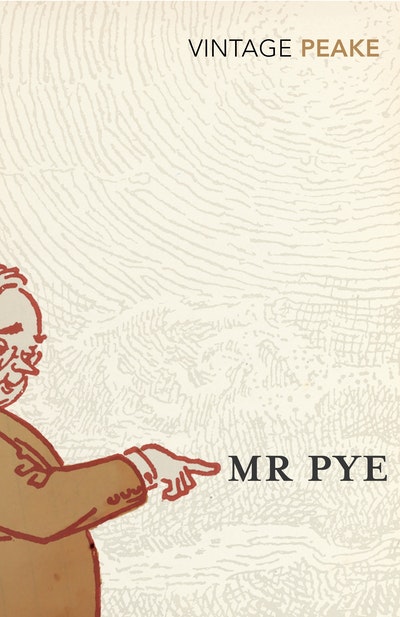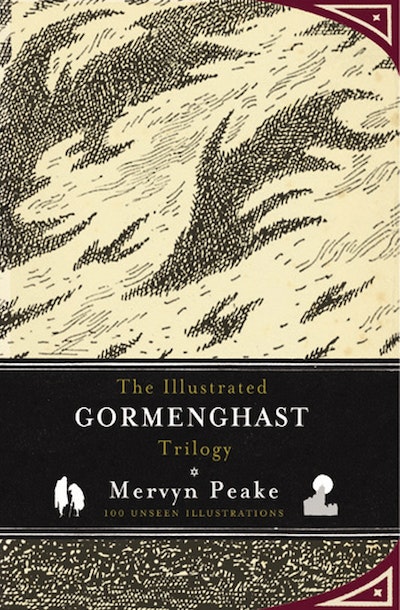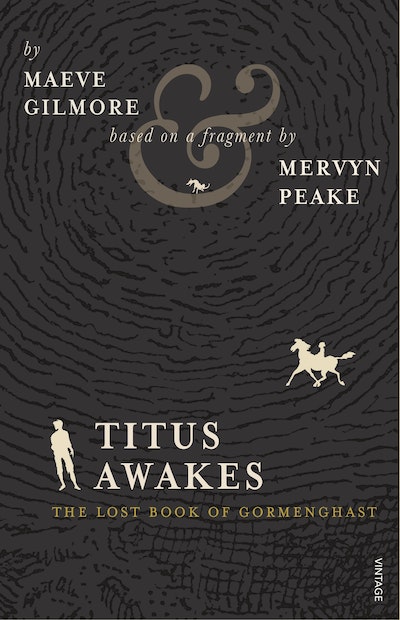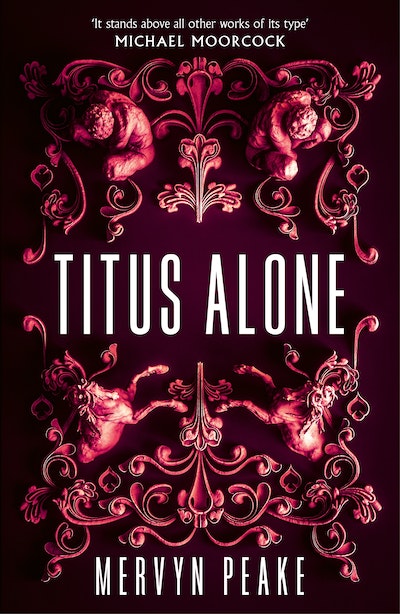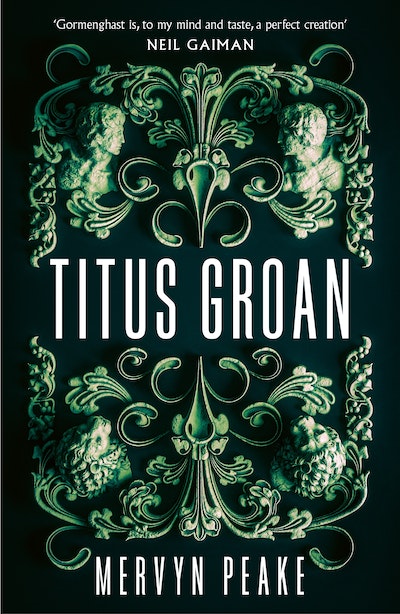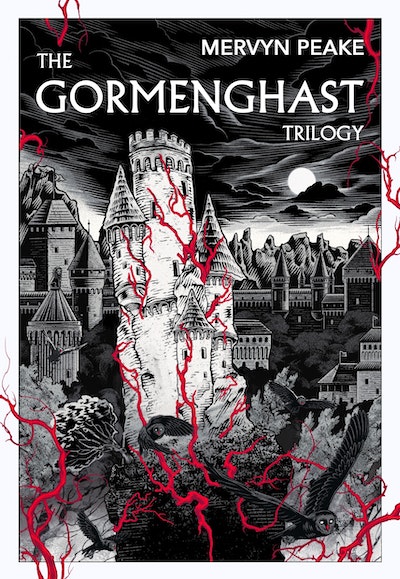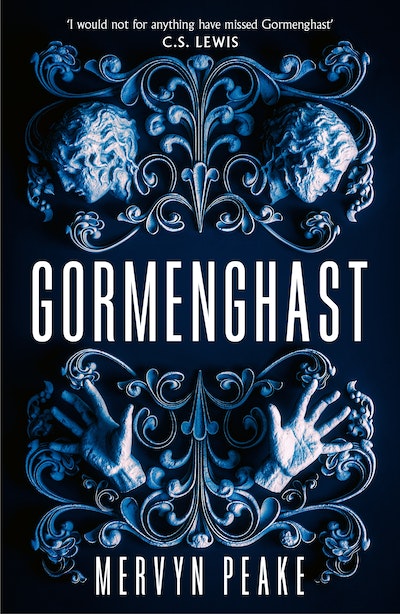- Published: 21 January 2000
- ISBN: 9780099283263
- Imprint: Vintage Classics
- Format: Paperback
- Pages: 256
- RRP: $24.99
Mr Pye
- Published: 21 January 2000
- ISBN: 9780099283263
- Imprint: Vintage Classics
- Format: Paperback
- Pages: 256
- RRP: $24.99
The novel gives a clear sense of Sark as somewhere both remarkable and beautiful.
The Guardian
I am delighted to meet you,' trills Mr Pye to a fisherman. 'Are you, eh, you fat little porker,' the thug replies. 'B- you.
-
Peake has been praised, but he has also been mistrusted," observed Anthony Burgess in his introduction to Titus Groan . "His prose works are not easily classifiable: they are unique as, say, the books of Peacock or Lovecraft are unique . . . It is difficult, in postwar English writing, to get away with big rhetorical gestures. Peake manages it because, with him, grandiloquence never means diffuseness; there is no musical emptiness in the most romantic of his descriptions; he is always exact.
Anthony Burgess
The fable is cleverly and gracefully resolved and the final scenes are a joy to read. Peake's illustrations complement the novel very well and these, too, are examples of his charm, of his enormous illustrative range.
Washington Post
